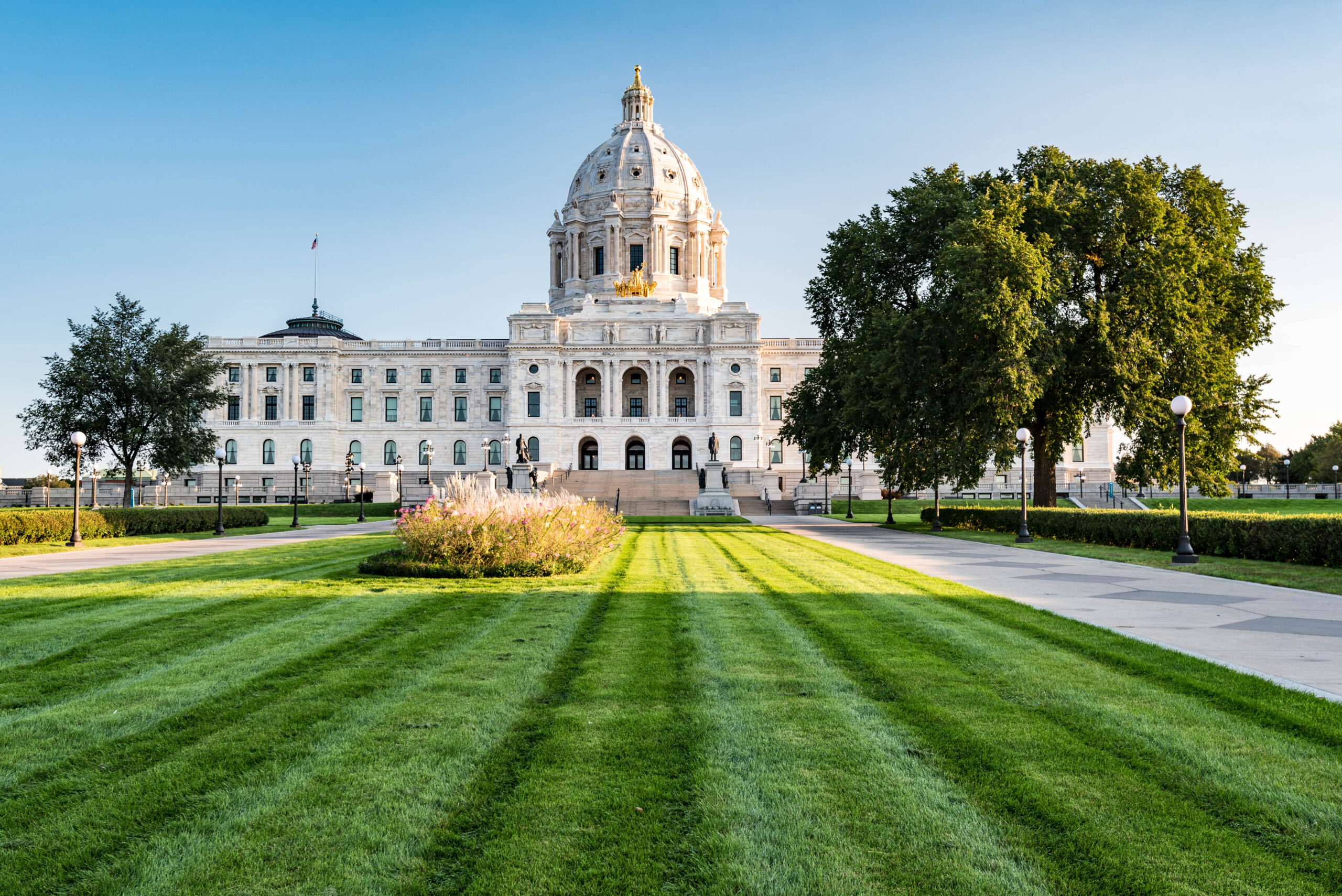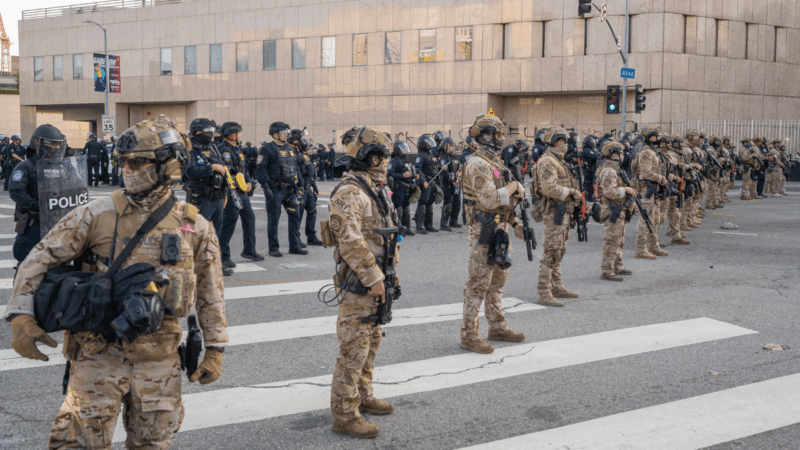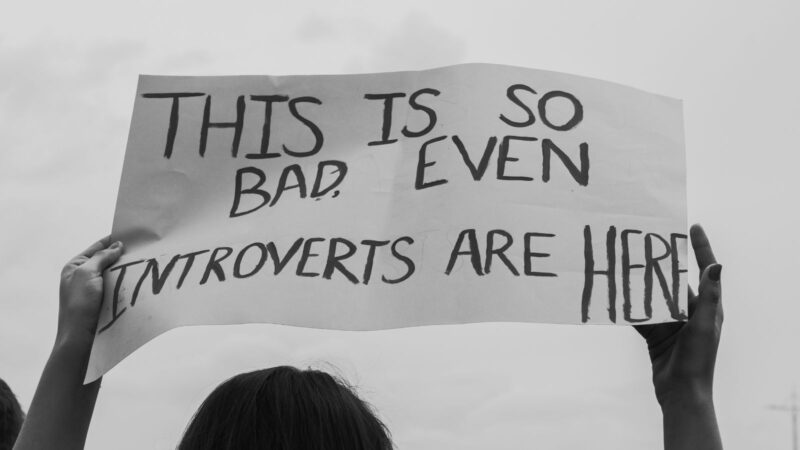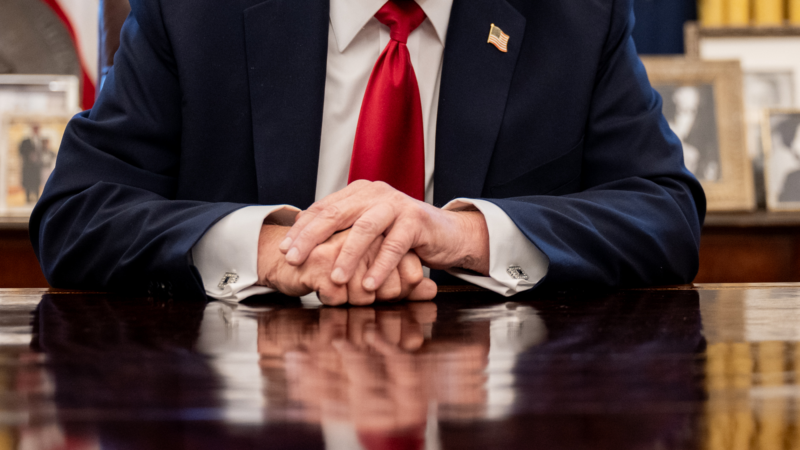One quiet bipartisan way state legislatures are making election administration stronger
- July 6, 2023
The growing movement to protect election officials through state law

Since 2021, many state legislatures have worked to undermine democracy, introducing nearly 400 proposals that would make overturning the 2024 election and beyond more likely. Fifty-six of them ultimately became law in 26 states.
But a growing handful of states have quietly done the opposite, reaching consensus on incremental reforms to build resiliency in election administration by protecting election officials.
Since 2020, election officials have faced harassment, threats, and violence. Nonpartisan election administration is reeling from the consequences of these verbal and physical attacks, with experienced election officials resigning in droves, taking with them irreplaceable technical expertise, institutional knowledge, and simple manpower. In Arizona, for example, 10 out of 15 counties have lost their top election officials, including Republicans, Democrats and Independents. Six of Georgia’s most populous counties, representing nearly a third of all active voters in the state, had new election directors in the 2022 cycle. Across Nevada, 10 of the state’s 17 counties have had turnover in clerk or voter registrar positions from the 2020 election through the midterms, and more than half of the top county election officials have left since 2020.
Read more: State and Local Solutions Are Integral to Protect Election Officials and Democracy Read more: State and Local Solutions Are Integral to Protect Election Officials and Democracy
Their exodus both weakens election systems directly, through the loss of their institutional knowledge, and opens new vulnerabilities to manipulation by bad actors pursuing political gain.
Still, further brain drain can be averted, and state leaders are beginning to find common ground, addressing this threat by safeguarding election officials’ personally identifiable information, allowing for civil remedies (and sometimes criminal penalties), and increasing funding for their security. According to research by Protect Democracy, States United Democracy Center, and Law Forward, “between April 2022 and May 2023, lawmakers in at least 27 states have introduced measures to protect elections and election workers,” in largely bipartisan efforts.
In Arizona – where in 2020, armed protests targeted the Maricopa County vote count and home of the secretary of state, and in 2022, armed vigilantes illegally surveilled dropboxes – the legislature recently enacted SB 1061, allowing election officials to request confidentiality of their personally identifiable information to prevent doxxing. The bill was introduced by a Republican, passed both chambers with overwhelming bipartisan support, then was signed by the Democratic governor.
In Nevada – where the registrar in the state’s second largest county left office last year, after numerous threats to herself and her children – the Democratic secretary of state introduced SB 406, which makes it illegal under state law to threaten or dox an election official. The bill passed both chambers unanimously and the Republican governor signed it at a public ceremony, standing next to the secretary of state.
In Minnesota, county election workers have been stalked, harrassed on the phone, and physically accosted. In response, HF 1830, comprehensive reform that protects their privacy and holds accountable bad actors who make threats against them, was signed into law in May.
Though many states are winding down already productive legislative sessions for the year, others are just getting warmed up. There is still time for other states to make similar improvements. And we and many others continue to advocate for positive reforms that protect election workers in Michigan, Pennsylvania, and Wisconsin, among other states.
To be clear, none of this work is easy, but with the first presidential election since the 2021 insurrection approaching, it could not possibly be more necessary. One of the best ways to secure our democracy is to protect those who run it.
Learn about the Committee for Safe and Secure Elections Learn about the Committee for Safe and Secure Elections
Related Content
Join Us.
Building a stronger, more resilient democracy is possible, but we can’t do it alone. Become part of the fight today.
Donate
Sign Up for Updates Sign Up for Updates
Explore Careers Explore Careers
How to Protect Democracy How to Protect Democracy


